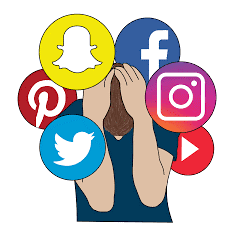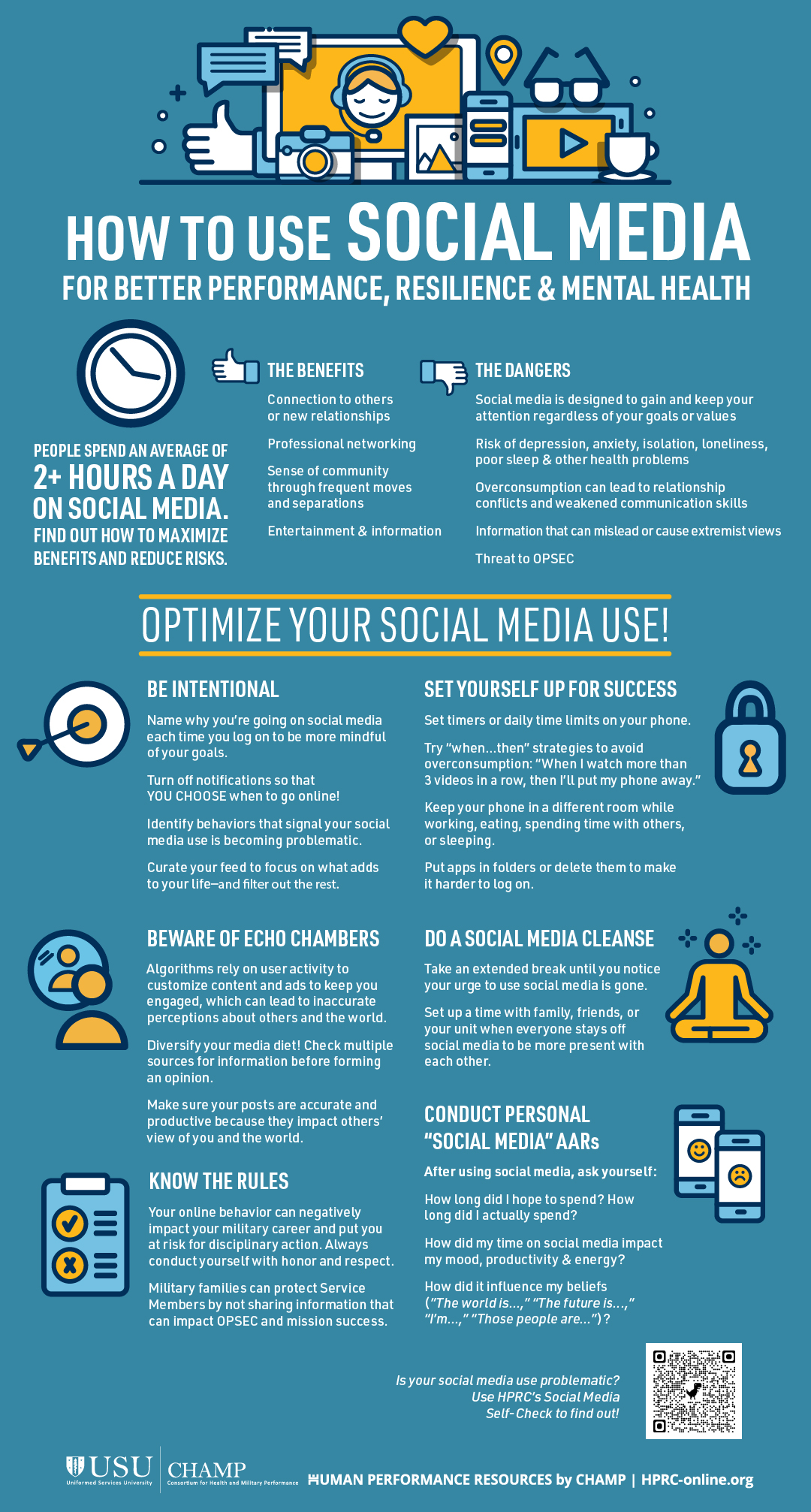
Artikel Terkait The Impact of Social Media on Mental Health: A Comprehensive Review
Dengan senang hati kami akan menjelajahi topik menarik yang terkait dengan The Impact of Social Media on Mental Health: A Comprehensive Review. Ayo sobat bola kita merajut informasi yang menarik dan memberikan wawasan baru seputar bola kepada pembaca.
Table of Content
The Impact of Social Media on Mental Health: A Comprehensive Review
:max_bytes(150000):strip_icc()/link-between-social-media-and-mental-health-5089347-color-withtext-54a445186bb44974b059ac7b6494bcdf.gif)
Introduction
Social media has become an integral part of our daily lives, with billions of people around the world using platforms such as bandar hk lotto, Instagram, and Twitter to connect with others, share their experiences, and stay informed about current events. However, in recent years, there has been growing concern about the potential impact of social media on mental health. Research has shown that excessive social media use can lead to a range of negative outcomes, including anxiety, depression, and loneliness.
In this article, we will provide a comprehensive review of the current literature on the impact of social media on mental health, including the benefits and drawbacks of social media use, the mechanisms by which social media affects mental health, and the strategies that can be employed to mitigate the negative effects.
Benefits of Social Media
While there is concern about the potential negative impact of social media on mental health, it is also important to recognize the benefits of social media use. Social media can provide a sense of connection and community, particularly for people who are isolated or have difficulty forming social relationships in person. Social media can also be a useful tool for seeking support and advice from others who have experienced similar challenges.
In addition, social media can be a powerful tool for advocacy and social change. Social media campaigns have been used to raise awareness about mental health issues and to reduce stigma around mental illness. Social media can also be used to connect people with mental health resources and services, such as online therapy and support groups.
Drawbacks of Social Media
Despite the benefits of social media, there are also several drawbacks to consider. One of the primary concerns is the impact of social media on self-esteem and body image. Social media platforms are filled with images of perfect bodies, flawless skin, and idealized lifestyles, which can create unrealistic expectations and promote feelings of inadequacy and low self-esteem.
In addition, social media can be a source of stress and anxiety, particularly for young people. Cyberbullying, online harassment, and the pressure to present a perfect online image can all take a toll on mental health. Furthermore, social media can be a significant source of sleep disturbance, as the blue light emitted from screens can interfere with the body’s natural sleep-wake cycle.
Mechanisms by which Social Media Affects Mental Health

Research has identified several mechanisms by which social media affects mental health. One of the primary mechanisms is the impact of social media on social comparison. Social media platforms are designed to facilitate comparison and competition, which can lead to feelings of inadequacy and low self-esteem.
Another mechanism is the impact of social media on emotional regulation. Social media can be a source of emotional stimuli, including both positive and negative emotions. However, excessive social media use can interfere with the ability to regulate emotions, leading to increased stress and anxiety.
Finally, social media can affect mental health by influencing cognitive processes, such as attention and memory. Social media use can lead to a state of continuous distraction, as users are constantly switching between different apps and platforms. This can lead to decreased attention and memory, as well as increased feelings of fatigue and burnout.
Strategies for Mitigating the Negative Effects of Social Media
Given the potential negative impact of social media on mental health, it is essential to employ strategies for mitigating these effects. One of the most effective strategies is to limit social media use to specific times of the day and to set boundaries around social media use. This can help to reduce feelings of stress and anxiety, as well as promote healthier sleep habits.
Another strategy is to engage in offline activities and to cultivate real-world relationships. This can help to provide a sense of connection and community, as well as reduce reliance on social media for social support.
In addition, it is essential to promote media literacy and critical thinking skills, particularly among young people. This can help to empower users to critically evaluate the content they encounter online and to develop a more nuanced understanding of the social media landscape.
Conclusion
In conclusion, social media has both positive and negative effects on mental health. While social media can provide a sense of connection and community, as well as serve as a powerful tool for advocacy and social change, it can also lead to negative outcomes, such as anxiety, depression, and loneliness.
To mitigate these negative effects, it is essential to employ strategies such as limiting social media use, engaging in offline activities, and promoting media literacy and critical thinking skills. By taking these steps, we can promote healthier social media use and reduce the negative impact of social media on mental health.

Recommendations
Based on the current literature, we recommend the following:
- Limit social media use: Set boundaries around social media use and limit use to specific times of the day.
- Engage in offline activities: Cultivate real-world relationships and engage in offline activities to provide a sense of connection and community.
- Promote media literacy: Educate users about the potential risks and benefits of social media and promote critical thinking skills.
- Encourage social media companies to prioritize mental health: Encourage social media companies to prioritize mental health and to develop features that promote healthier social media use.
- Support mental health research: Support research on the impact of social media on mental health and develop evidence-based interventions to mitigate the negative effects.
Future Directions
Future research should investigate the long-term effects of social media use on mental health, as well as the impact of social media on specific mental health conditions, such as depression and anxiety disorders. Additionally, research should explore the effectiveness of interventions aimed at mitigating the negative effects of social media on mental health.
In conclusion, social media has the potential to both positively and negatively impact mental health. By employing strategies for mitigating the negative effects and promoting healthier social media use, we can promote better mental health outcomes and reduce the negative impact of social media on mental health.

religionsfree.org – demikian, kami berharap artikel ini telah memberikan wawasan yang berharga tentang The Impact of Social Media on Mental Health: A Comprehensive Review. Kami mengucapkan terima kasih atas waktu yang sobat bola luangkan untuk membaca artikel ini. Sampai jumpa di artikel kami selanjutnya ya salam joss sobat bola!



